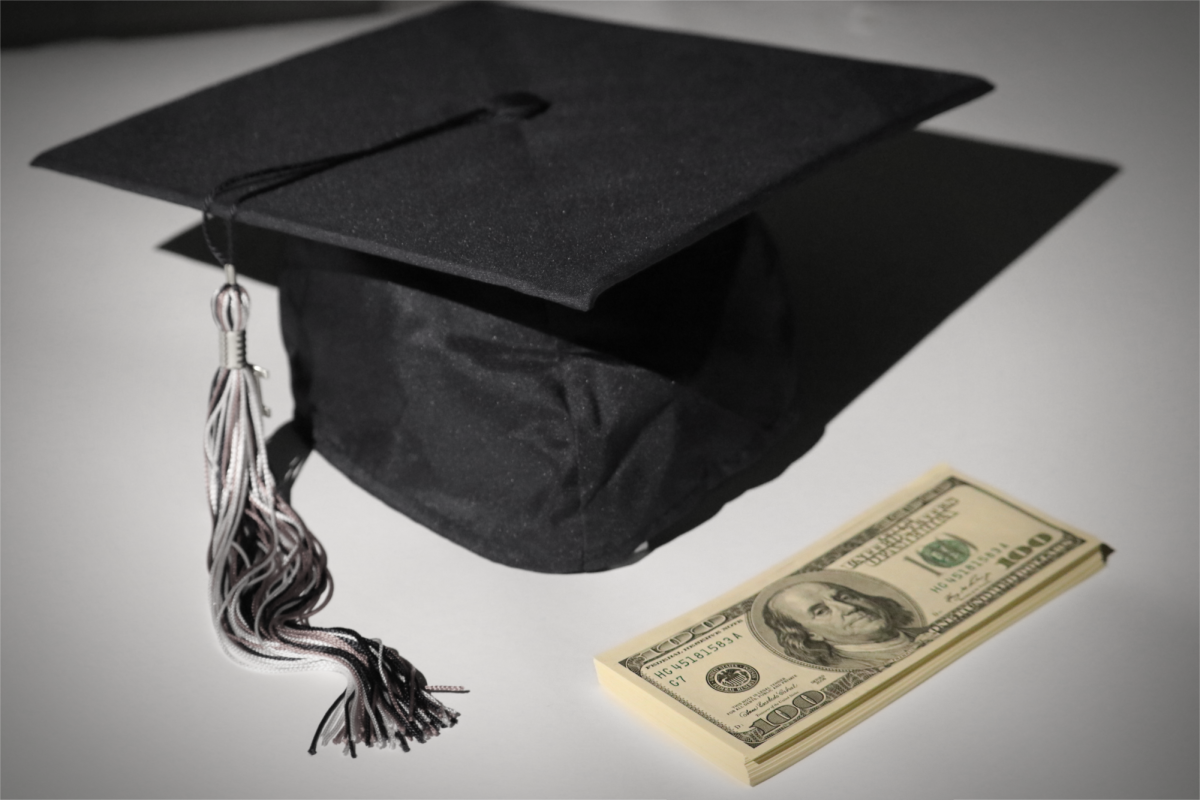It has been three years since student loan payments were paused for the pandemic, but now these federal loans are being reopened, starting in the month of October.
Federal student loans were paused and their interest rates were set to 0% from March 13, 2020 to September 1, 2023. This action, known as administrative forbearance, was put into place in response to the outbreak of Covid-19 in order to help borrowers deal with extra expenses arising from the pandemic and the harsh circumstances it created. Now this pause on student loans is ending, marking the return of the Pre-Covid burden.
Despite several moves by the Biden administration to soften the impact of the returning loans, such as its order to be more lenient on those who miss payments within the next year, or its previous acts to forgive around $117 billion in student loans, many student loan borrowers are worried about the effect it will have on their livelihood.
But what impact could this have on the economy overall, beyond the student loan borrowers themselves? From a simplified economic perspective, when more people have less money to spend, they will consume less. This will decrease the amount of money flowing from consumers into businesses and back into other facets of the economy. Paired with potentially increasing costs of living, student loans could compound the issue and lead to a less stimulated economy.
Within Dublin High’s student body, positive sentiment for loan relief appears to be quite common.
One student responded: “I think relieving students of their financial debt is great…college students shouldn’t be drowning in debt for a good chunk of their lives just [to] receive higher education.”
“I think that relieving student loans will help promote education and let younger people be more successful,” another student explained, agreeing with several other respondents, who expressed support for administrative actions aimed at relieving student debt.
Aside from interpretations praising student loan relief for its possible benefit toward educational accessibility, many supporters of relief believe that these kinds of moves by the executive branch will also help stabilize the economy or weaken any adverse effects the resumption of student loans may bring.
On the other end of the spectrum, many believe that leniency on student loans is unfair to those who had to pay off their loans in full in the past. Other critics question the constitutionality of this administrative approach as the Supreme Court has already ruled against student loan forgiveness programs in the past.
Although the effects of student loan resumption on the economy at large are yet to be fully evaluated, one thing is for certain: student loan debtors will have to deal with a potentially harmful obligation that has not been at the forefront since pre-COVID. With plenty of students graduating out of Dublin High to receive a college education every year, the resumption means it is now more important than ever to be educated on personal finance. Learning how to manage your money can make it infinitely easier to navigate student loans and ensure they do not pose a threat to your plans for the future.
Sources:
https://thehill.com/homenews/education/4230208-after-three-years-student-loan-payments-are-back/
https://studentaid.gov/announcements-events/covid-19/payment-pause-zero-interest




































